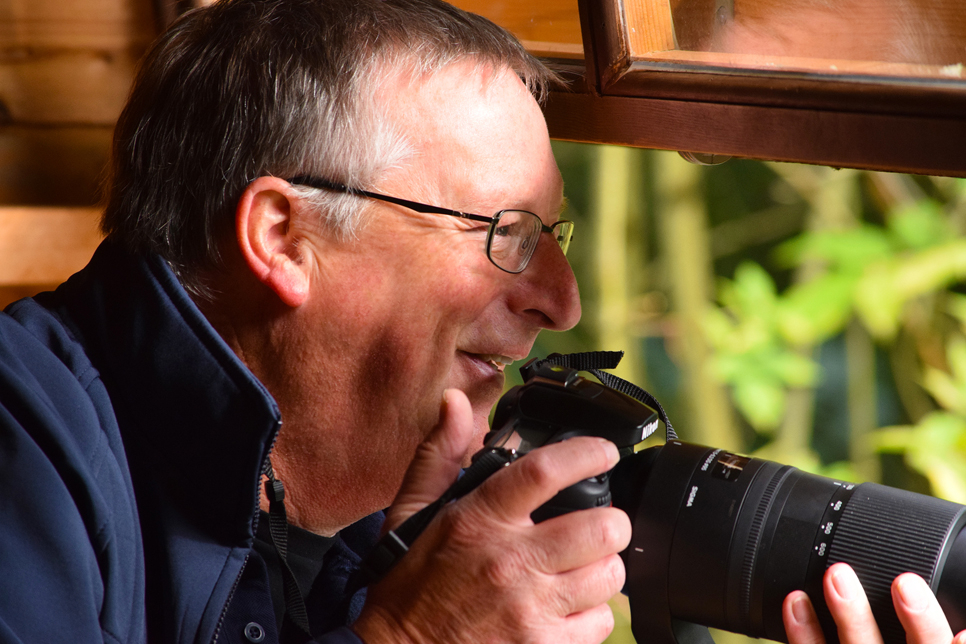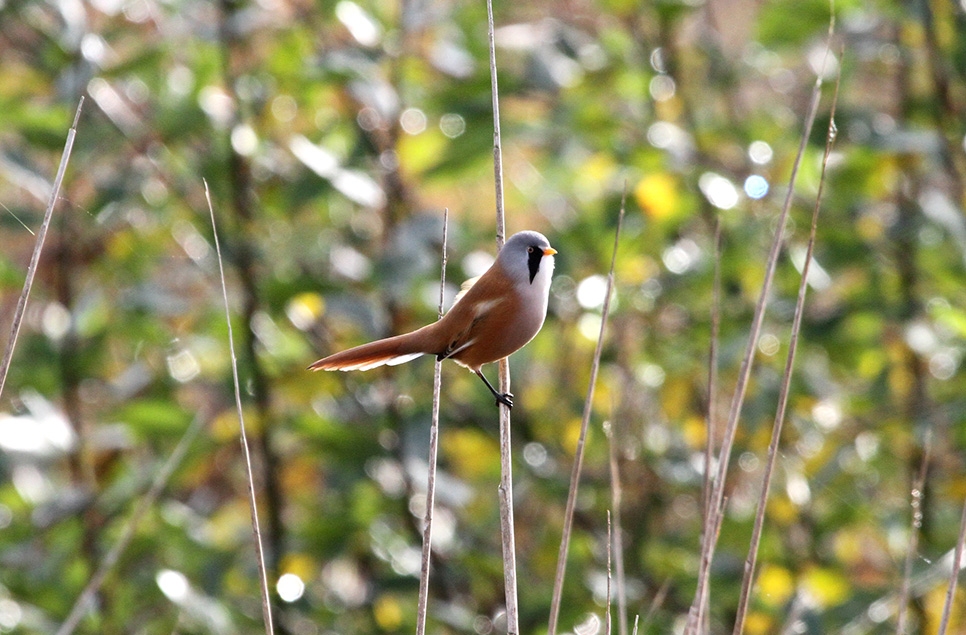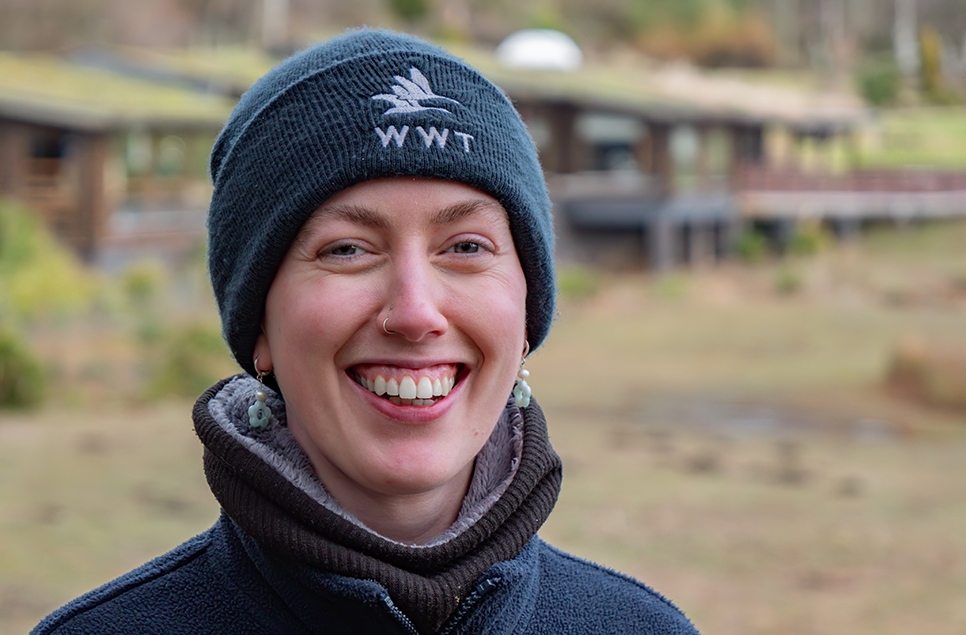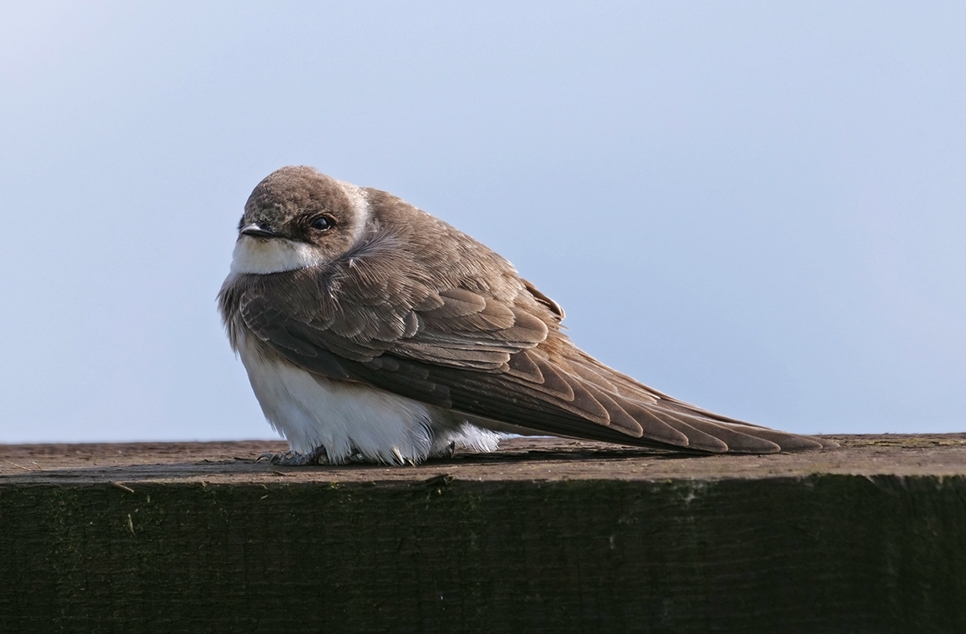Get down(y) with the ducklings this spring half-term
Downy duckling days are here again at WWT Washington Wetland Centre!
There’s no cuter sight than a tiny fluffy chick taking its first wobbly steps, so why not gather your brood together this spring half-term and come and meet our latest feathered arrivals?
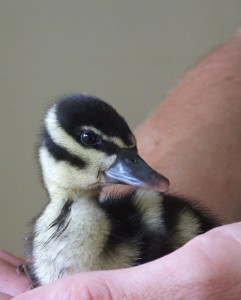
Our award-winning Downy Duckling Days bring visitors nose-to-beak with the newest waterbird hatchlings in a special petting area at the duckery.
Children – and big kids! – can even tickle the heads of the young babies and feel their little webbed feet as they are held safely in the expert hands of our wardens.
Baby black-bellied whistling ducks, Toulouse geese, northern pintail, puna teal and call duck have all hatched recently and can be seen in our outdoor rearing units; while ‘teenage’ Indian runner ducks and Hawaiian geese can be found in the larger pen, where they are learning to socialise before moving out into the grounds.
Check out the purpose-built breeding aviary, where some species are raising their families away from the clutches of predators, and hear how the Wildfowl & Wetlands Trust (WWT) is helping to save the rarest waterbirds on the planet with its specialist conservation breeding programmes.
By visiting WWT Washington, you are directly supporting this vital work, which is bringing species like the Madagascar pochard literally back from the brink of extinction (http://www.bbc.co.uk/news/uk-england-tyne-17624039).
The breeding season is the busiest time of year for WWT Washington’s birds, as they pair up, perform elaborate courtship displays and fight for nesting territory.
Out on the wildlife reserve shelducks are hatching, young grey herons are fledging and some adult herons are already on second broods.
Following the predation of their first chicks, four of the five pairs of avocet on Wader Lake have started to nest again. They have moved to the North East edge of Tern Island due to the arrival of the common tern colony, which is 60-pairs strong at the moment but should grow to about 100; offering additional protection for the vulnerable avocets.
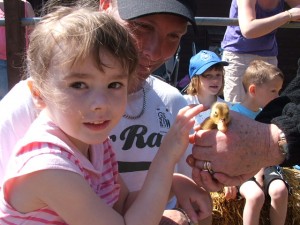
The stream outside of the visitor centre is also home to young barnacle geese, mallards and moor hens, as well as the centre’s majestic Eurasian cranes, which were once extinct as a breeding species in the UK. Visitors can watch them all over a cuppa from the windows of Waterside Cafe.
Saturday 2-Sunday 10 June – Downy Duckling Days and half-term crafts.
Join our staff over jubilee weekend for some right royal craft activities, including origami Queen’s swans and hand-made crowns, and other fun family crafts during half-term (Saturday 2-Sunday 10 June, 1-3.30pm in the Discovery Centre, small costs apply).
Plus meet fluffy chicks at the duckery and see tiny ducklings taking their first wobbly steps. Visit the breeding aviary, where our rarest birds are raising their babies and learn about WWT's conservation breeding programmes, which have saved some of the world's most endangered waterbirds. Duckery talks are held every day during half-term week (Saturday 2-Sunday 10 June, 1-2pm). No need to book and cost is included in admission.
Whatever the season, come rain or shine – WWT Washington is the perfect place to connect with nature. For more information, prices and opening times please visit the web pages, email info.washington@wwt.org.uk or call 0191 416 5454.
Become a WWT member when you visit and not only will your entrance fee be refunded, but you can then enjoy great days out for a full 12 months for FREE. Our centre is open 364 days a year and with annual family membership only £66 for two adults and up to six children (or just £5.50 a month, plus a free book for joining by Direct Debit) it ‘pays for itself’ after just three visits.
Members also receive an exclusive quarterly magazine, Waterlife, which keeps you up to date on what’s going on at all nine WWT UK wetland centres and has information about WWT’s exciting conservation projects saving species from extinction and caring for important wetlands around the world. Ask a member of staff or visit http://www.wwt.org.uk/become-a-member/ for details.
